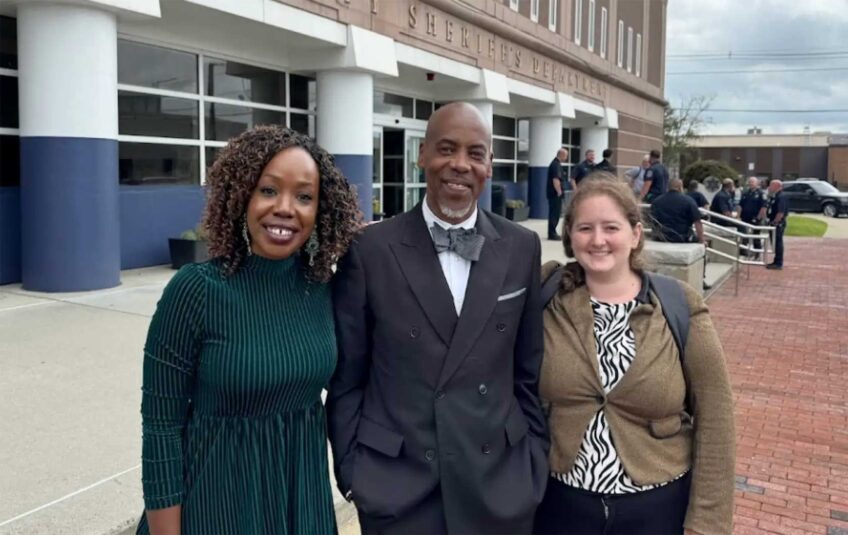Report details lack of funding in higher ed.
Low public investment, lack of aid dogs Mass. public colleges
A report published Feb. 2 found students in higher education programs in Massachusetts facing a complex financial aid system with limited resources available.
According to the report published by the Hildreth Institute, a Boston-based organization focused on equity in higher education, the average amount of state-funded aid students receive covers only 12% of the cost to attend public college in Massachusetts. The commonwealth ranks 37th in the nation in state-funded aid to residents and students.
The report highlighted a growing divide between the cost of higher education in Massachusetts and household income. According to the report, the cost of attending a public university or college in Massachusetts has risen 59% since 2000, while average household income has only risen 13%.
Students in Massachusetts also face a complex financial aid system. According to the report, an inadequately funded system has led to the creation of a wider number of financial aid sources, each with their own application process.
“Decades of this approach has led to the creation of a confusing and layered approach with more than 40 small grants, scholarships, and tuition waivers,” Bahar Akman Imboden, managing director of the Hildreth Institute, wrote in the report. “While the number of programs is overwhelming, each comes with a different application procedure, eligibility criteria, and timeline.”
In 2021, about 54% of undergraduate students in Massachusetts’ public higher education institutions received state financial aid. Most of that aid came from the five largest state programs; the rest of the grants and waivers were awarded to less than 10% of applicants.
For students at Roxbury Community College (RCC), accessing state-funded aid is further complicated by the programs’ ties to federal student aid.
“At RCC, many students cannot [apply for federal financial aid] due to their enrollment or immigration status,” said Marta Rosa, executive vice president at RCC, in an email to the Banner. “The state financial aid programs are dependent on FAFSA completion; accordingly, the students who don’t qualify for federal financial aid also don’t qualify for state aid.”
The report’s release comes amid various proposals and recommendations from the state government to make access to higher education more accessible.
In December, the Massachusetts Board of Higher Education unanimously approved a series of recommendations addressing issues within higher education, which included doubling state-funded financial aid from $200 million to $400 million.
In January, Massachusetts Senate President Karen Spilka proposed making community colleges in the state free for students 25 and older. Both proposals would draw on funds from the so-called Fair Share Amendment, which was passed in November and adds an additional 4% surtax to income exceeding $1 million. The amendment calls for the estimated $1 billion in additional tax revenue to be spent on public education and transportation, but implementation of the money is ultimately up to legislators.
Rosa said she and others at RCC are confident that the strategies in discussion at the state level will effectively assist as many students as possible.
“We are excited that community colleges are a state budget priority,” Rosa said in her email. “We are actively working with the governor and elected officials to contribute to these ongoing discussions and are confident that our elected leaders will reach a solution that provides as much funding as possible.”
But more work needs to be done aside from just increasing student access to aid, she said.
“Student financial aid for credit-granting programs isn’t the only way the state provides support to public institutions of higher education,” Rosa said. “A drastic increase in available state aid would not solve every barrier that prevents students from earning their degrees.”
In an effort to bridge some of the gaps in unmet need, Rosa said, RCC has scholarships funded by donations to the college — and that, notably, are not tied to access to federal aid.
“The limitations on federal and state financial aid programs isn’t a new phenomenon, and addressing all unmet need isn’t something that can be accomplished overnight,” she said. “At RCC, we’ve been dealing with this reality for some time. We’re proud to offer generous scholarships through the Roxbury Community College Foundation; some scholarships are need-based, others are merit-based, and others are tied to student interests — the unifying thread for all of the scholarships is that they aren’t dependent on FAFSA completion.”






